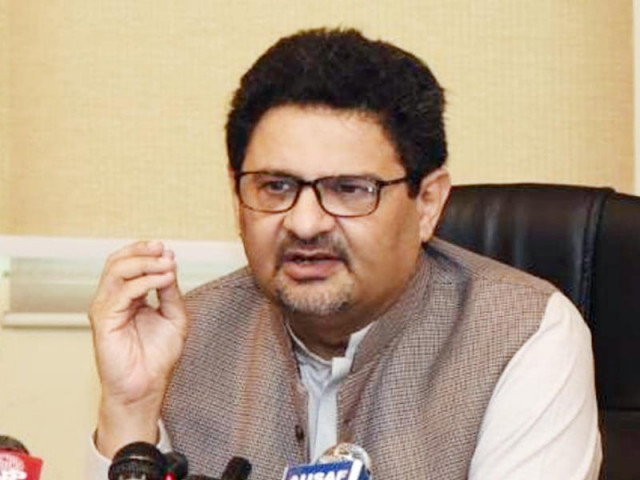Default fears still loom but risks reduced: Ismail
Says country takes debt to pay debt with no way out

There is uncertainty at the moment along with the probability of Pakistan going into default - the odds of which have spiked since the country drifted away from negotiations with the International Monetary Fund (IMF), said former finance minister Miftah Ismail.
“The risk of default has reduced after reinstating the market-based rupee-dollar exchange rate mechanism.
However, fears of default still loom,” he said. Expressing optimism, Ismail explained that the State Bank of Pakistan (SBP) has very limited tools, such as increasing interest rate to control inflation, and the probability of a further hike in the key policy rate has minimised after the massive rupee devaluation on Wednesday.
“The government tried to artificially control the rupee-dollar value at a nominal Rs220, which was an unwise decision," he said.
Ismail lamented that last year Pakistan’s exports stood at only $30 billion as compared to imports of $80 billion, adding that exports should be increased instead of pegging the rupee value to a fixed exchange rate.
He pointed out that the country had been gripped by a financial turmoil as the debt was skyrocketing, adding "we are stuck in a cycle of taking debt to pay off debt with no way out but to run a current account deficit every time."
He suggested the privitisation of state-owned enterprises such as Pakistan International Airlines and Pakistan Steel Mills.
"There's no point in the government running these enterprises inefficiently. They should be privatised and the private sector needs to step up efforts.” Speaking on the occasion, SBP’s former governor Dr Ishrat Husain said “flaws in the economy and the system are not new. The crisis began in the 1970s when Zulfikar Ali Bhutto nationalised enterprises and disheartened entrepreneurs left the country. That was the starting point.”
InfraZamin Pakistan CEO Maheen Rahman said,“Energy imports remains the largest consumer of foreign exchange worth $10 billion a year. We can cut to half our import bill by switching to renewable energy,” she said.


















COMMENTS
Comments are moderated and generally will be posted if they are on-topic and not abusive.
For more information, please see our Comments FAQ